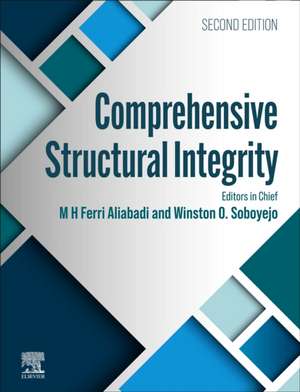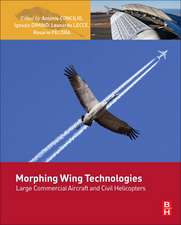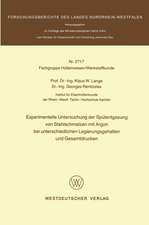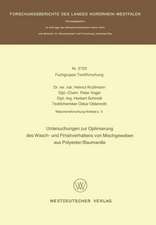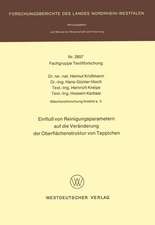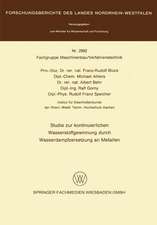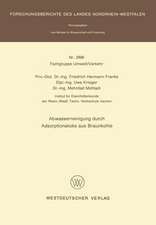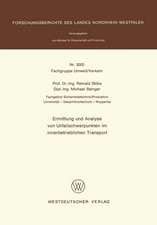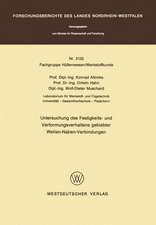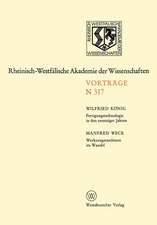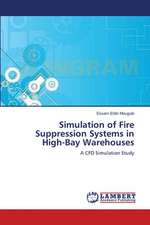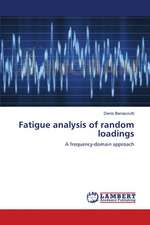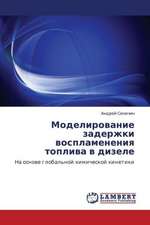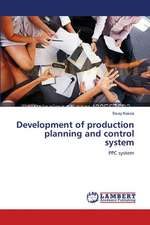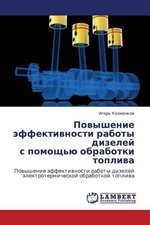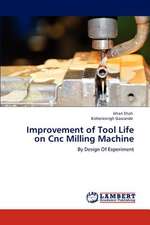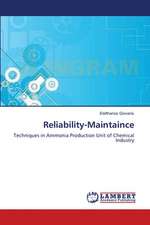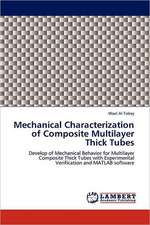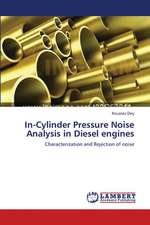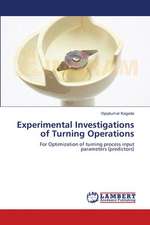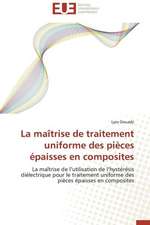Comprehensive Structural Integrity
Ferri M.H. Aliabadi, Winston (Wole) Soboyejoen Limba Engleză Hardback – 28 apr 2023
Structural Integrity is the ability of a component, structure or asset to operate properly under the pressure of a load, including the weight of the asset itself. It’s a vital consideration for structural engineering: essentially the science and technology which can prevent disaster.
- Provides a one-stop resource for researchers with its comprehensive coverage of theoretical and practical aspects of structural integrity
- Covers detailed information that will benefit a wide range of readers in this multidisciplinary field
- Presents case studies that are important for practical applications and industries such as construction/engineering, aircraft, energy (nuclear, oil and gas, power engineering)
- Includes new chapters that focus on recent developments in materials engineering e.g., advanced composite materials, bio/bio-medical engineering, nano- and micro- structured materials
Preț: 19098.85 lei
Preț vechi: 24992.88 lei
-24% Nou
Puncte Express: 28648
Preț estimativ în valută:
3654.47€ • 3815.61$ • 3024.61£
3654.47€ • 3815.61$ • 3024.61£
Carte tipărită la comandă
Livrare economică 28 martie-11 aprilie
Preluare comenzi: 021 569.72.76
Specificații
ISBN-13: 9780128229446
ISBN-10: 0128229446
Pagini: 4923
Ilustrații: Approx. 420 illustrations (420 in full color)
Dimensiuni: 216 x 276 mm
Ediția:2
Editura: ELSEVIER SCIENCE
ISBN-10: 0128229446
Pagini: 4923
Ilustrații: Approx. 420 illustrations (420 in full color)
Dimensiuni: 216 x 276 mm
Ediția:2
Editura: ELSEVIER SCIENCE
Cuprins
Section 1: Structural Integrity Assessment - Examples and Case Studies
Section 2: Fundamental Theories and Mechanisms of Failure
Section 3: Numerical and Computational Methods
Section 4: Cyclic Loading and Fatigue
Section 5: Creep and High-temperature Failure
Section 6: Environmentally Assisted Fatigue
Section 7: Practical Failure Assessment Methods
Section 8: Interfacial and Nanoscale Fracture
Section 9: Bioengineering
Section 10: Mechanical Characterisation of Materials
Section 2: Fundamental Theories and Mechanisms of Failure
Section 3: Numerical and Computational Methods
Section 4: Cyclic Loading and Fatigue
Section 5: Creep and High-temperature Failure
Section 6: Environmentally Assisted Fatigue
Section 7: Practical Failure Assessment Methods
Section 8: Interfacial and Nanoscale Fracture
Section 9: Bioengineering
Section 10: Mechanical Characterisation of Materials
